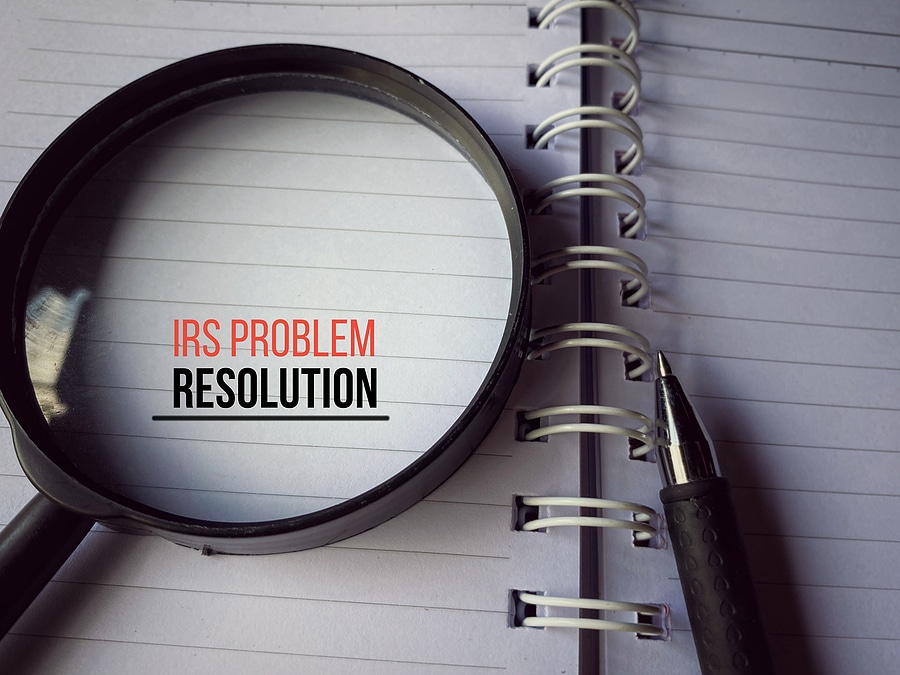In tax resolution cases, there are many strategies that come into play when formulating a plan to resolve a tax debt. From allowable expenses, to equity in assets, and many other items, effectively solving a tax problem for a taxpayer has many angles. One angle is using the “Collection Statute Expiration Date” or CSED to a taxpayer’s advantage. The CSED is important because the amount of time remaining on the collection statute helps determine which solution the practitioner should select. What is the Collection Statute Expiration Date or CSED? Once the IRS assesses tax on a taxpayer, the IRS has, by statute, 10 years from the date of assessment to collect the tax. In most cases, after 10 years the tax debt becomes unenforceable and the IRS writes-off the debt on the taxpayer’s account. This makes the CSED a very useful tool in planning a tax resolution case for a client. If … Continued










